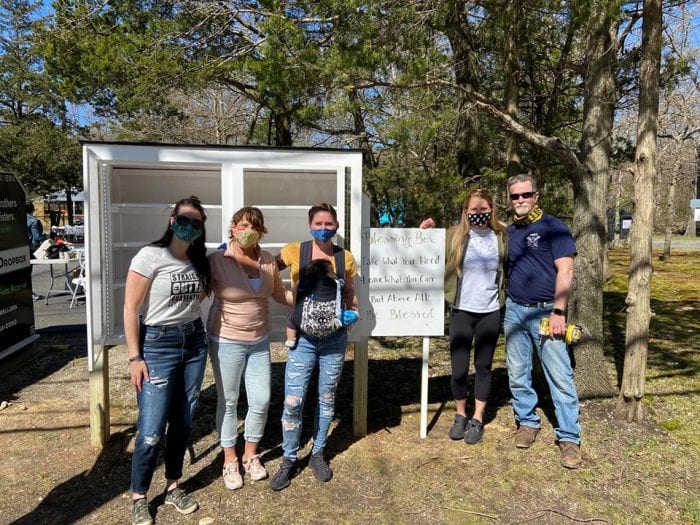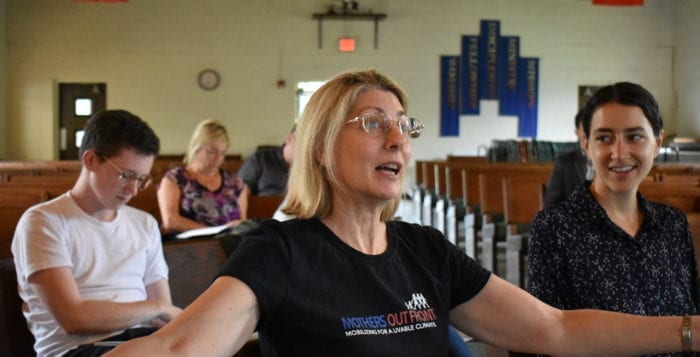It’s been a stressful time.
In the age of COVID-19, more and more organizations are attempting to adapt to the influx of people needing mental health.
Last month, Steve Chassman, executive director of the Long Island Council on Alcoholism and Drug Dependence, said in a press conference in September regarding potential Suffolk healthcare cuts that substance abuse has skyrocketed because of the coronavirus crisis. “We have propelled to where we were six months ago,” he said at the time.
And that’s why the Sunshine Prevention Center in Port Jefferson Station is here to help. Carol Carter, CEO/co-founder of the community youth and family agency that offers support and education in the areas of drug/alcohol prevention, socials skills, leadership and alternative education, said in the age of COVID, they had to adapt to help more people.
“When COVID-19 first hit, we really scrambled,” she said. “We worked really hard to build a reputation in the community for still providing services.”
The center quickly learned how to Zoom and create Facebook Live and YouTube videos for kids and families to watch at home.
“We had close to a thousand people watching them,” she said.
According to Carter, the group learned that the rate of anxiety and depression was getting higher at the start of the pandemic, and domestic violence increased to at least by 20%. She and her organization knew how important it was to help people during such a trying time.
“We would drop off [worksheets/exercises] to homes,” she said. “We tried not get so caught up in the fear, but we wanted to be there to help them.”
As the pandemic evolved, so did their online learning. Carter began writing daily, weekly and then monthly newsletters. “They would have resources and positive messages for the day,” she said. “We’d mention other programs that were running. … We tried to stay connected that way.”
The center began to Zoom meetings for kids, young adults and parents at night, but more recently in September, they began socially distanced in-person adult groups again.
“We started in-person because of the demand,” she said. “They need more of the social interaction. … We’ve been told ‘thank you.’ We tried to get back to some type of normalcy. Although people are still afraid, they’re grateful.”
But along with the substance abuse problem as described by Chassman, everyone is feeling more anxious than before.
Further east at the North Shore Youth Council in Rocky Point, Dana Ellis, director of mental health and wellness programming, said she has seen a dramatic increase in anxiety among young adults.
“Anxiety is the biggest thing I’m seeing more so compared to last year,” she said. “The amount of kids and interests approaching doubled. … A lot more people are looking for help and support during this time.”
Before COVID-19, her group would work with Rocky Point school district to help students with their mentoring program. This year, however, they were unable to meet because clubs were canceled.
“My biggest thing is giving kids opportunities to socialize, meet people, talk with each other and recognize things will be OK,” she said. “Our goal is to increase mental health programing in general.”
The youth council also decided recently to restart in-person group meetings, because they know how important it is for young adults to talk about how they’re feeling. Upon arrival, they give temperature checks, must wear masks and have the option to Zoom in, if they choose.
“I’ve definitely started off my groups with coping skills,” Ellis said. “I started treating them like stressless groups because more than ever kids are stressed, and I’m trying to make that the forefront of the groups that I run.”
In those groups, people talk about the worries they face in day-to-day life. ““I think that’s from a variety of things,” she said. “In general, it’s a very stressful time we’re living in.”






